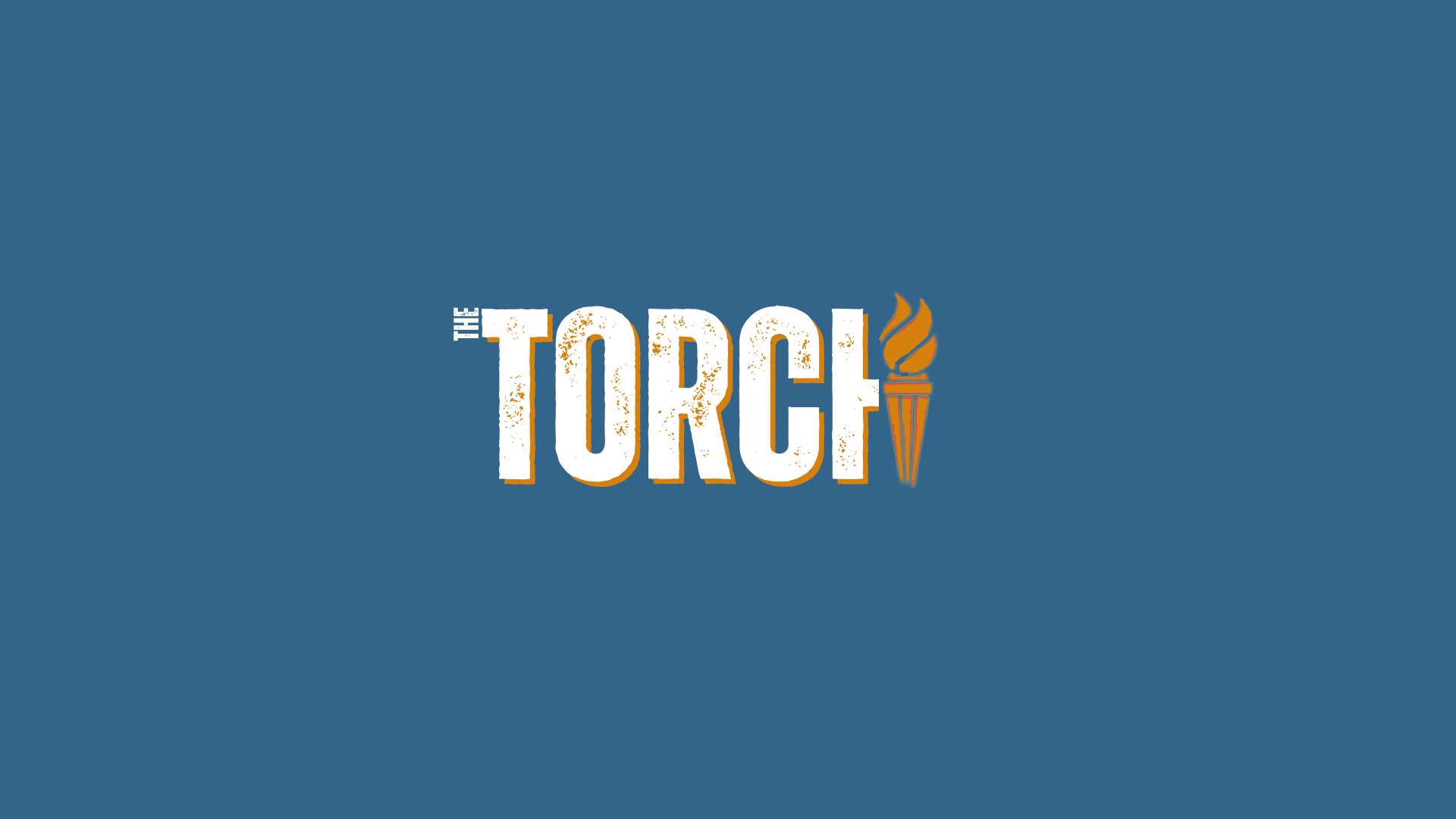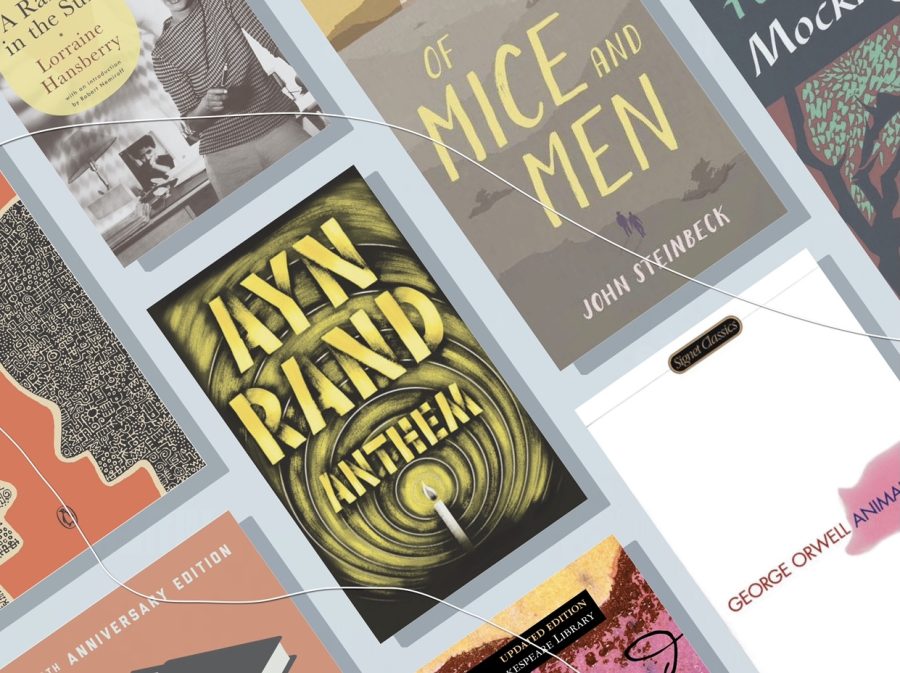English Teachers Take On The Classics
From Shakespeare to Homer, and Bradbury to Orwell, classic literature has been taught in English classes nationwide. Although these novels have been read front to back for decades on end, their relevance to today’s world and the value that they hold have spread far beyond the classroom.
While the literature taught in these high school English classes may not be of the newest authors or the most modern genre, it can still form connections with the society and culture of today. For years, the book selections for each upcoming school year have been organized by thematic units created by the district, meant to create a baseline for literary analysis.
“We take a look at whatever the themes are from the unit and we look at the novels and see if those novels fit those thematic questions,” English teacher Mrs. Hann said. “And so we evaluate, ‘Is it relevant to students? Are they going to be able to use this to analyze and extend the context? Is it helpful on an AP test in future years?’, because we want the body of work that students read from freshman year to senior year to help serve them beyond their years at Seven Lakes as well.”
Answering these questions isn’t as easy as it seems. Mr. Robinson, who’s in his ninth year of teaching, sees this every year. Yet, according to him, the most memorable essays are the ones that use the prompt and turn it into something of their own volition.
“In middle school, I think you’re like robots and you just know what your parents know and you know what you’re told in school, but don’t actually think about stuff on your own terms,” Mr. Robinson said. “And if you can read these books and start to develop a perspective that allows you to actually think about the content, or how they would relate in terms of things in the modern world, and have an original thought that you have independently developed, I think that that would be a huge victory for that person.”
This change from middle school to high school is just as prevalent in the way these assigned books are analyzed.
“I think a lot of the times when we’re younger, things seem right or wrong,” Mrs. Hann said. “And as we get older, we realize there are elements and nuances that have morally gray areas. And so, a lot of these books will help delve into navigating the gray and trying to figure out who you are as an individual versus just making good choices.”
Novels such as “Anthem” by Ayn Rand and “Fahrenheit 451” by Ray Bradbury are not only focused on individual choices but also follow a dystopian theme seen in literature for almost a century. Sophomore Rhea Kuriakose, however, is hoping for a new type of genre.
“In the school curriculum, I get why they can’t include young adult fiction because it’s much harder to pull educating reasons from them, but I would definitely love to see more [of it]. Obviously we’re the ones who are reading it and it should be geared toward us,” Kuriakose said. “If we could get a bunch of options and then vote on an option, I’d feel so much better reading it because at least I was allowed to have a say in what I was reading.”
Most, if not all, novels have a deeper message behind them, yet these themes change with time.
“I think it would be really pertinent now, especially with this epidemic that we’re experiencing globally and in America, to study a piece of literature that’s focus thematically is getting into dealing with mental illness and the struggles of anxiety,” Mr. Robinson said. “And I think those are things that would have meaning and impact for a lot of young teens in a class setting with a bunch of their peers.”
Culture is also an important aspect of today’s society. Cultural influences can be seen everyday, everywhere. But reading about them can make even more of a difference.
“In sophomore year, we try to also look at different cultural texts, because some people grew up in the Katy bubble,” Mrs. Hann said. “And so, I think seeing different cultures and their traditions and things that they value helps people appreciate where other people come from.”
Mrs. Hann describes reading as much as possible, drawing one’s own conclusions, and “making meaning of what’s going on [in the world]” as vital for this day and age.
“I think the most important thing about reading is being open to having your perspective change. Having an open mind and being able to interpret a different point of view, seeing things in a new way, I think can be really powerful,” Mrs. Hann said.
Taking these aspects of literature and utilizing them can bring important conversations to light, according to Mr. Robinson.
“First, consume some form of media that is going to provide substance or perspective, even if it’s just reading a short article on BBC once a week,” Mr. Robinson said. “Secondly, talk about the stuff that you read in class with your friends. I think if [students] talk with friends that they’re comfortable with, the conversations will maybe even be more impactful for them on a personal level. Thing number three – don’t trust LeFevre.”


